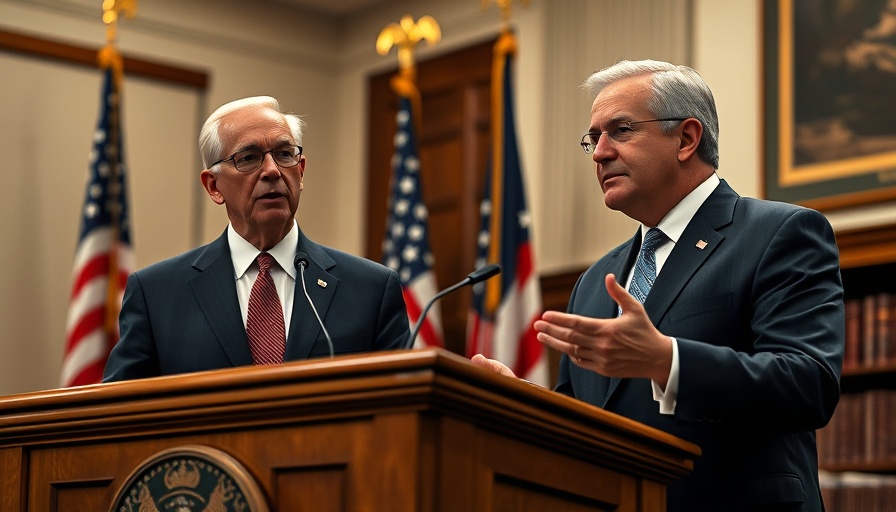
The AI Copyright Battle: A Fight for Fair Use
As the world dives deeper into the Artificial Intelligence landscape, a significant battle is emerging between tech giants like OpenAI and Google and the existing framework of U.S. copyright law. Both organizations are actively lobbying the U.S. government for the right to train their AI models on copyrighted content, asserting that such access is vital for maintaining national security and leadership in global AI development.
Understanding the Push for Fair Use
OpenAI and Google are framing their arguments as necessary for preserving America’s competitive edge against countries like China, which often operate under less restrictive copyright laws. Recent initiatives, aligned with President Trump’s “AI Action Plan,” have urged the government to ease the constraints of copyright restrictions on AI innovation, suggesting that the absence of such flexibility could lead to a technological disadvantage.
The Implications of Broad Fair Use Proposals
The ramifications of expanding fair use could be profound. A swiftly growing narrative emphasizes that, to avoid losing ground in AI advancements, the U.S. must permit companies broader access to copyrighted materials for training purposes. However, as recent lawsuits against Meta highlight, this approach risks violating the rights of content creators and could be perceived as a threat to creative industries.
Lessons from the Meta Controversy
The ongoing legal troubles of Meta, accused of utilizing copyrighted material without permission to train its AI models, underscore the precarious balance between innovation and intellectual property rights. As authors backlash against these practices, it raises crucial questions about the moral implications of AI training on copyrighted data.
A Global Perspective: The Uneven Playing Field
This situation is not merely a local issue; it has global ramifications. As eloquently expressed in various analyses, if U.S. companies are burdened with strict copyright standards while competitors like China embrace looser regulations, the landscape of AI innovation could dramatically shift. The prospect of U.S. firms losing ground to international counterparts due to outdated laws is alarming and complex.
What Needs to Happen Next?
The pressing concerns surrounding copyright laws and AI training compel companies and stakeholders to reevaluate their strategies. A balanced approach may serve innovation without sacrificing the rights of content creators. As enterprises observe these developments, it’s a pivotal time for advocates of responsible AI utilization to step forward, ensuring that ethical considerations are at the forefront of any legislative changes.
Preparing for Future Changes in Copyright Law
As the U.S. government deliberates on these critical issues, businesses across various sectors must remain vigilant and proactive. In an evolving technological environment, understanding how changes in copyright law might affect industries ranging from technology to education will be crucial.
The Road Ahead: Balancing Innovation with Protection
Ultimately, the dialogue between maintaining rigorous copyright protections and fostering an innovative environment for AI growth must continue. The stakes are high, and the direction taken by U.S. lawmakers will set a precedent influencing global standards in copyright and AI integration.
In light of these discussions, stakeholders are encouraged to engage meaningfully with policymakers and contribute to an ongoing discourse on the evolution of copyright protections in this digital era. Understanding the implications of these regulatory changes is critical for anyone involved in tech, creative sectors, or policy-making.
 Add Row
Add Row  Add
Add 




 Add Row
Add Row  Add
Add 

Write A Comment